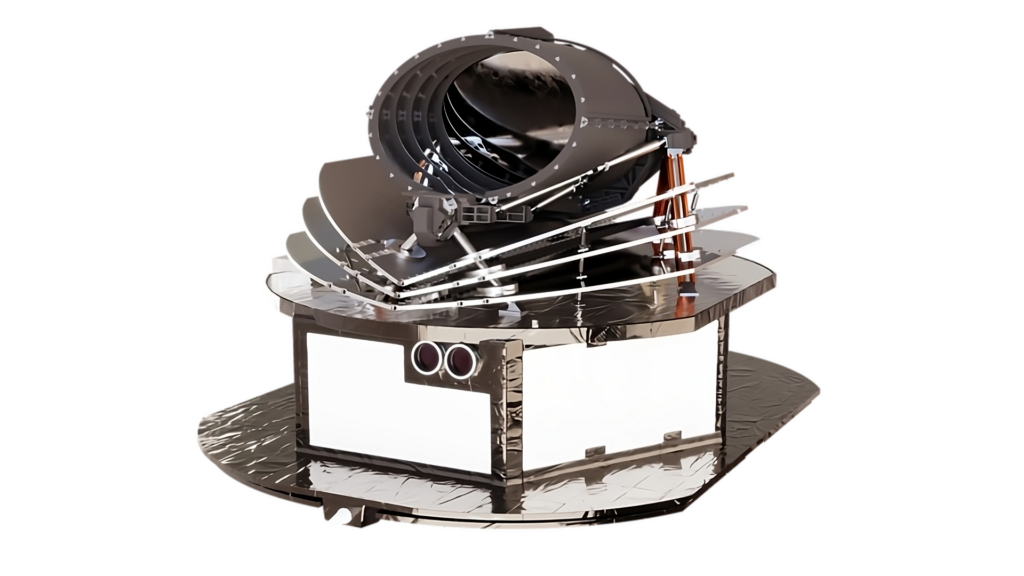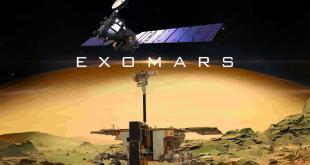
London, 14.8.2023 – Anzen Engineering, a Spanish aerospace engineering company, announced on the 11th of August that it will participate in the ARIEL mission (Atmospheric Remote-sensing Infrared Exoplanet Large-survey). It will carry out different safety and reliability engineering works in collaboration with Airbus Defence and Space, for its end consumer ESA.
The ARIEl programme is part of the long-term Cosmic Vision plan promoted by ESA, which aims to carry out chemical sampling of more than 1,000 exoplanets. It intends to answer questions such as: which are the physical processes that make up planetary atmospheres, what exoplanets are composed of, and how planets and planetary systems form and evolve.
Anzen will collaborate with Airbus engineering team in various tasks aiming to ensure the feasibility of the mission in terms of safety and reliability, contributing directly to the design and development of the satellite by performing RAMS (Reliability, Availability, Maintainability, and Safety) analysis.
“Being able to work hand in hand with Airbus and the European Space Agency on a project of global importance such as ARIEL confirms our leadership in safety and reliability activities,” said Pablo de la Cruz, CEO of Anzen Engineering. “That is why more and more leaders in the aerospace and defense industry are turning to us to guarantee the safety and feasibility of their projects, as well as to optimize their development and certification processes”.
Anzen will also be responsible for analysing certain subsystems that will be a part of the space platform as well as the mission safety plan and the documentation to be produced prior to the preliminary and critical design reviews. When the tests and reviews have been passed ARIEL will be ready to launch, which is scheduled to take place in 2029 aboard the Ariane 6 launcher. The ARIEL mission is expected to last four years.





